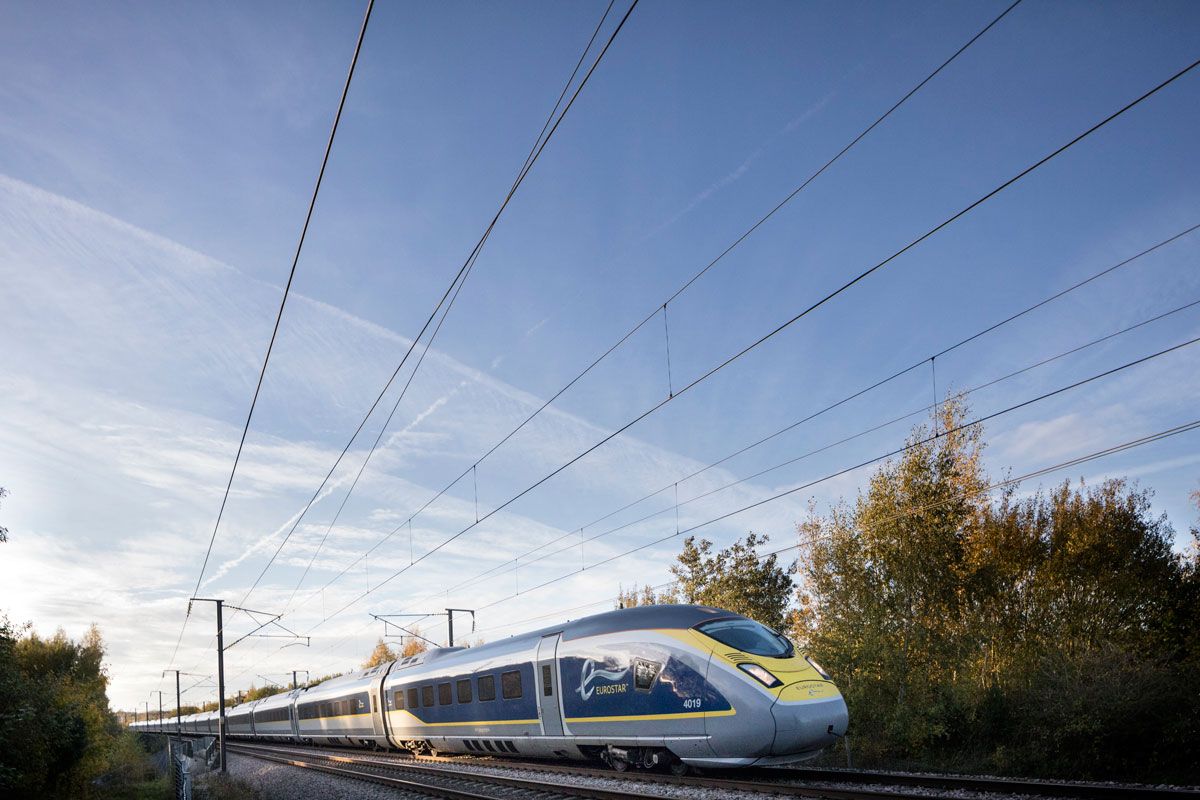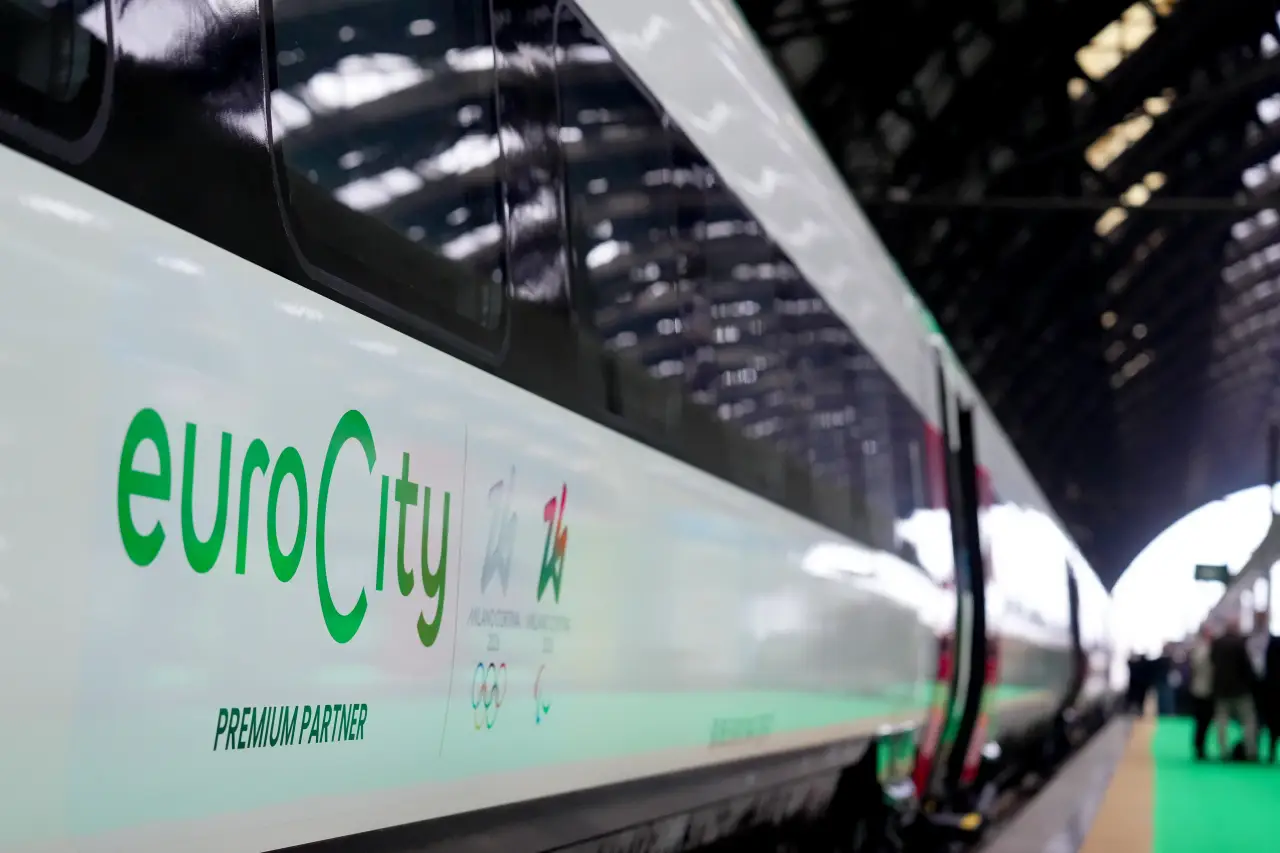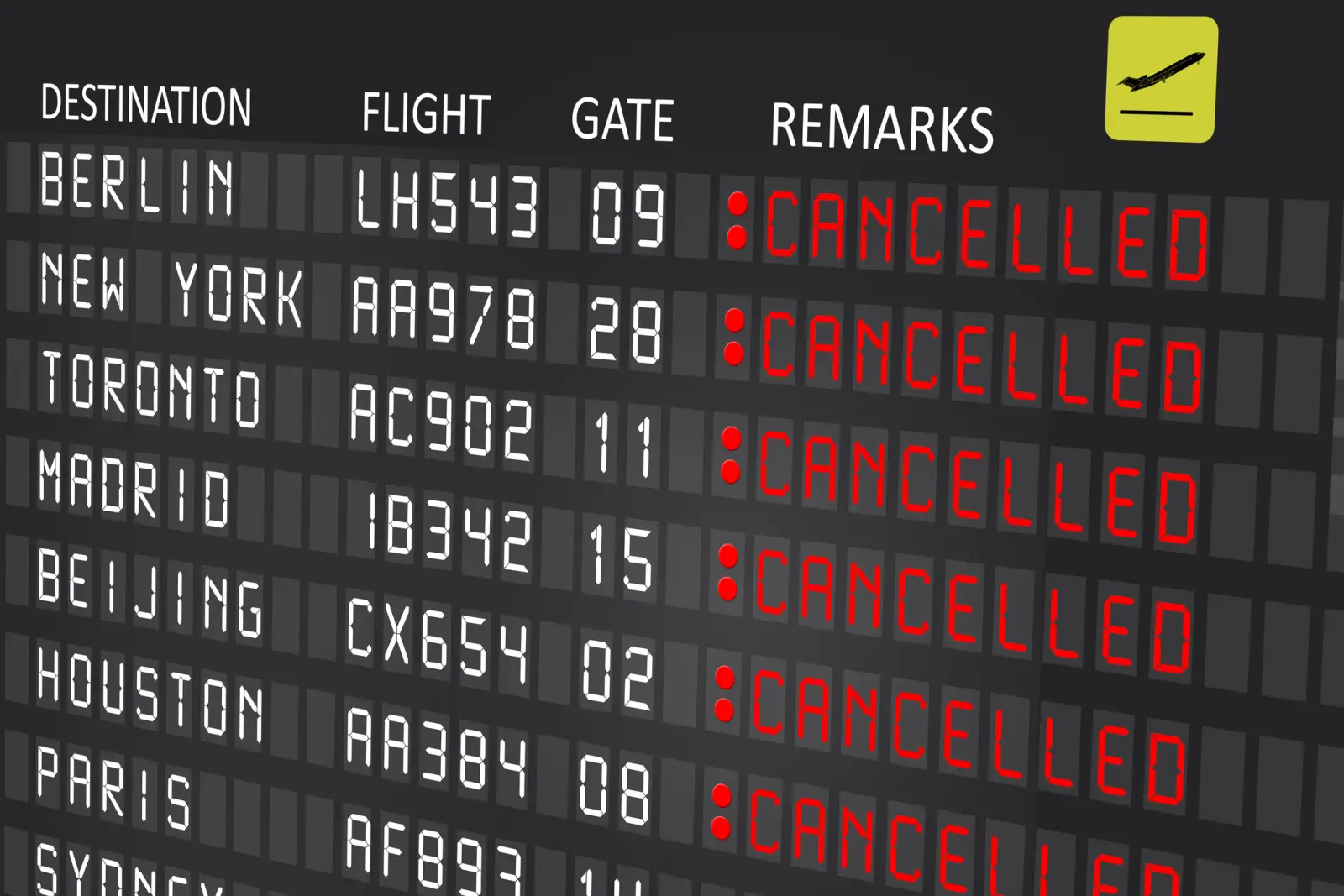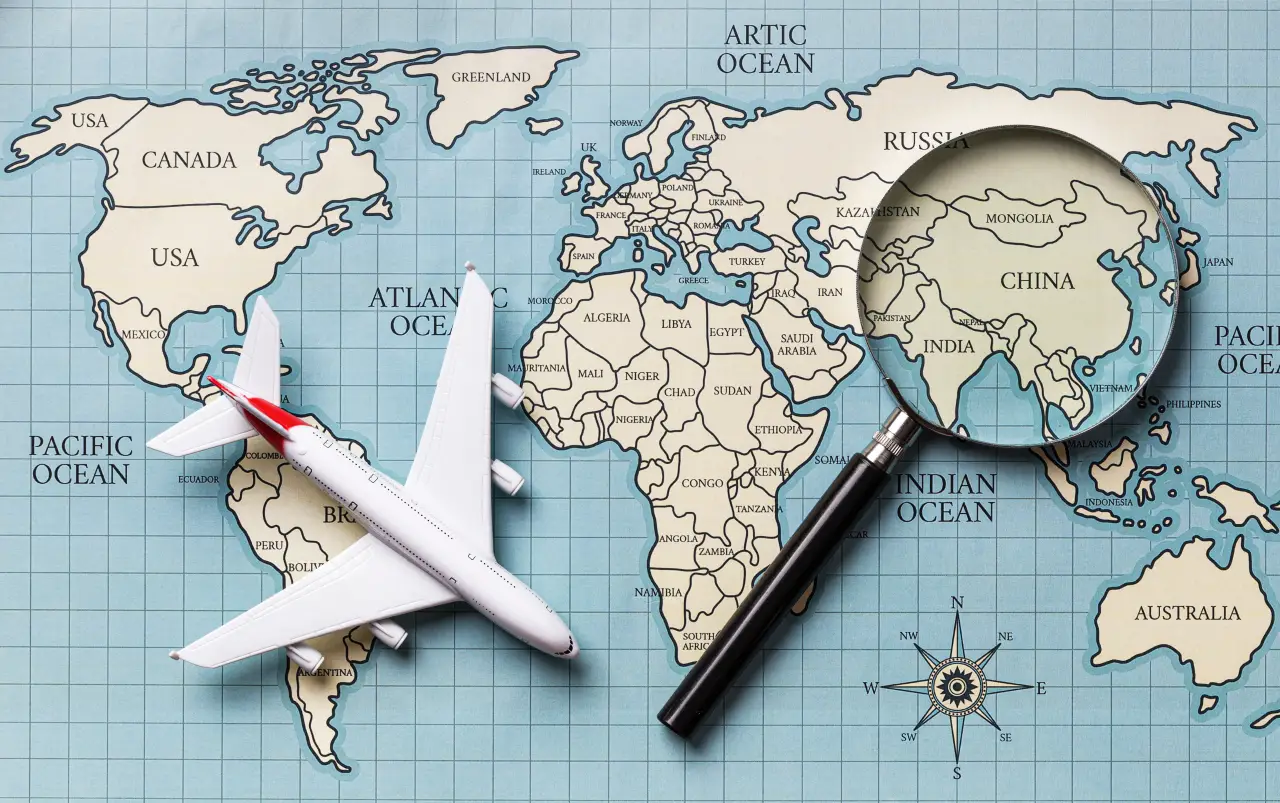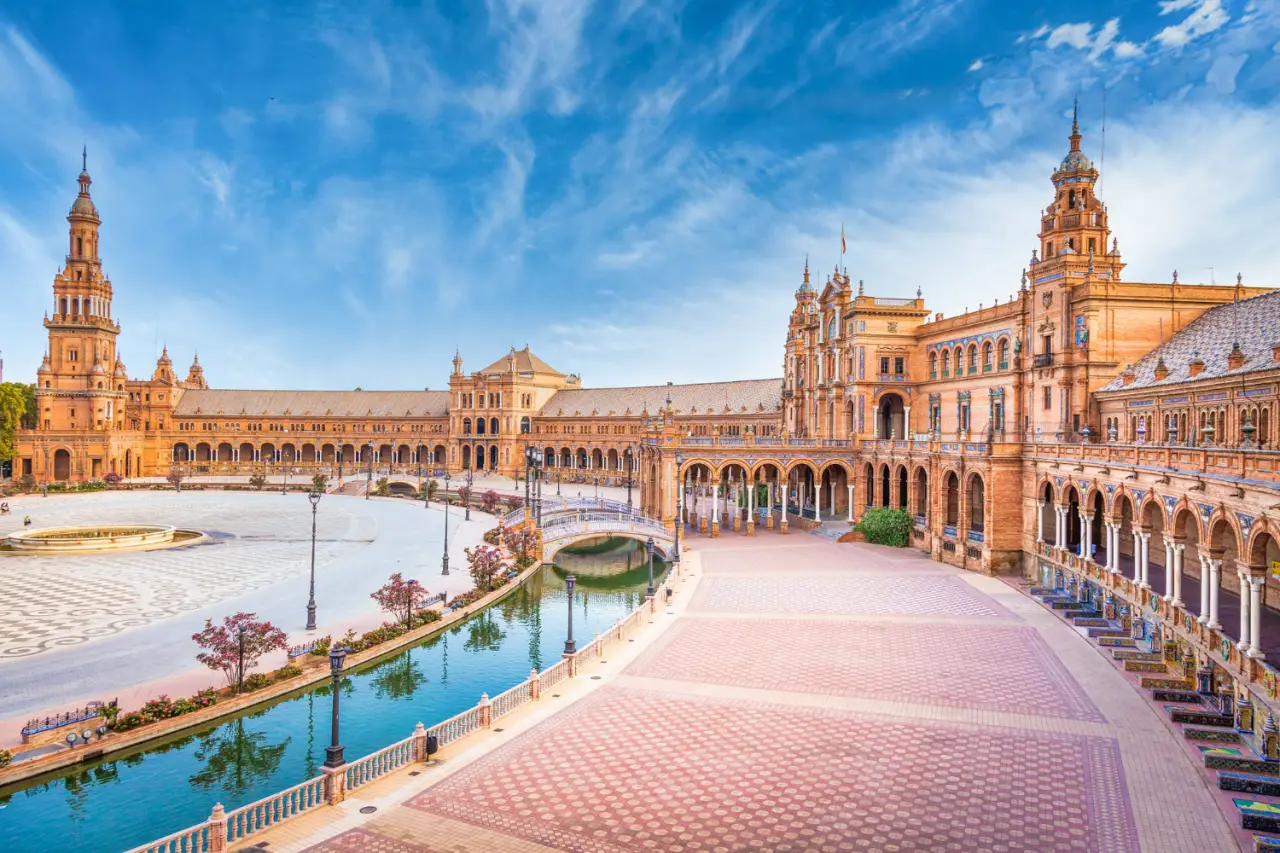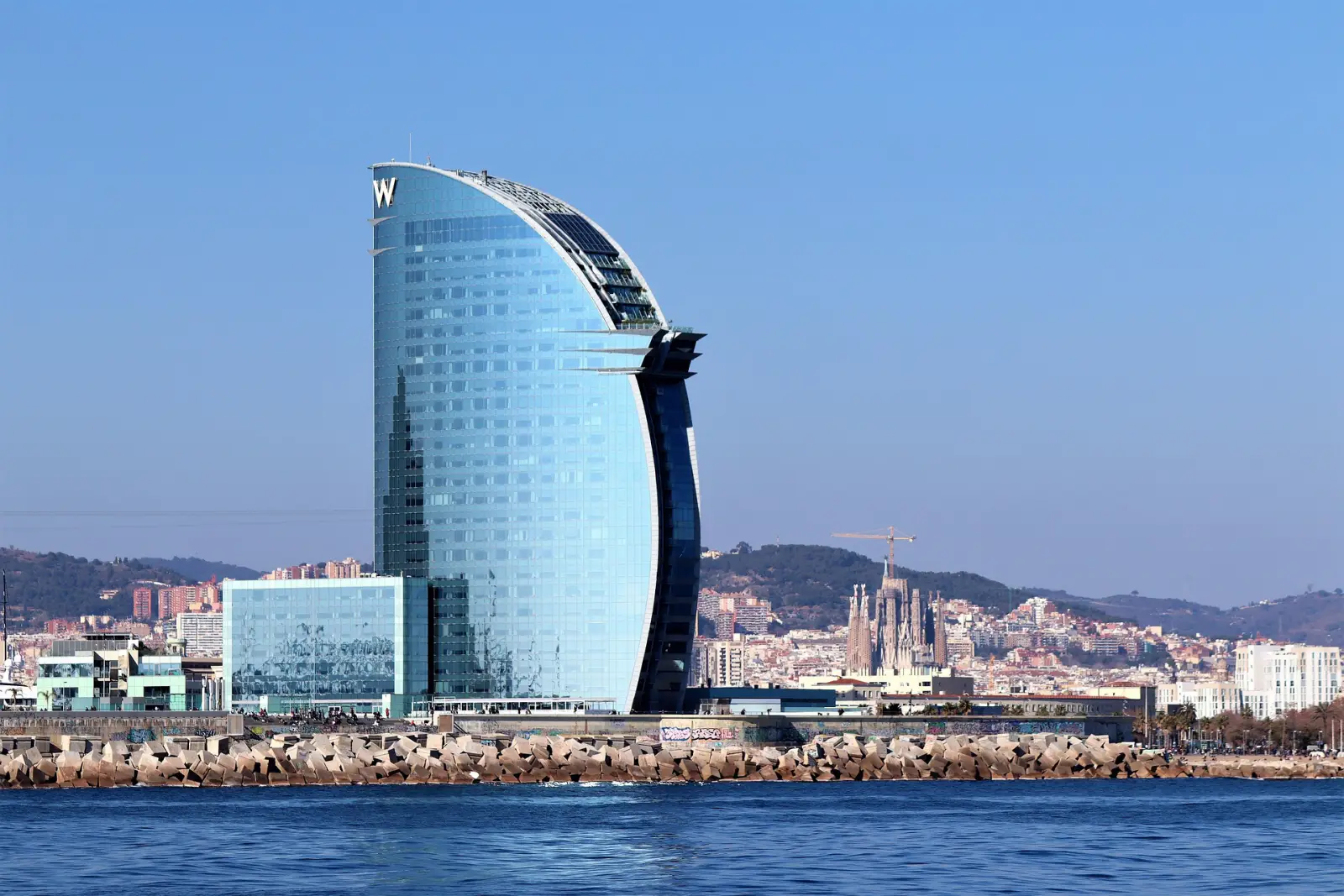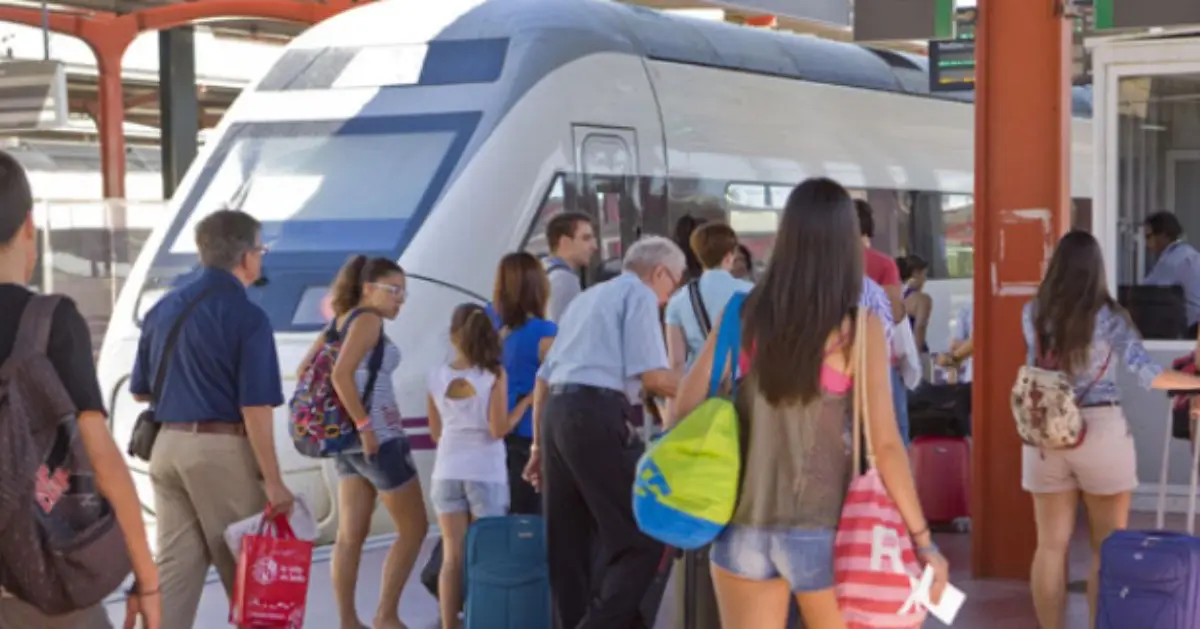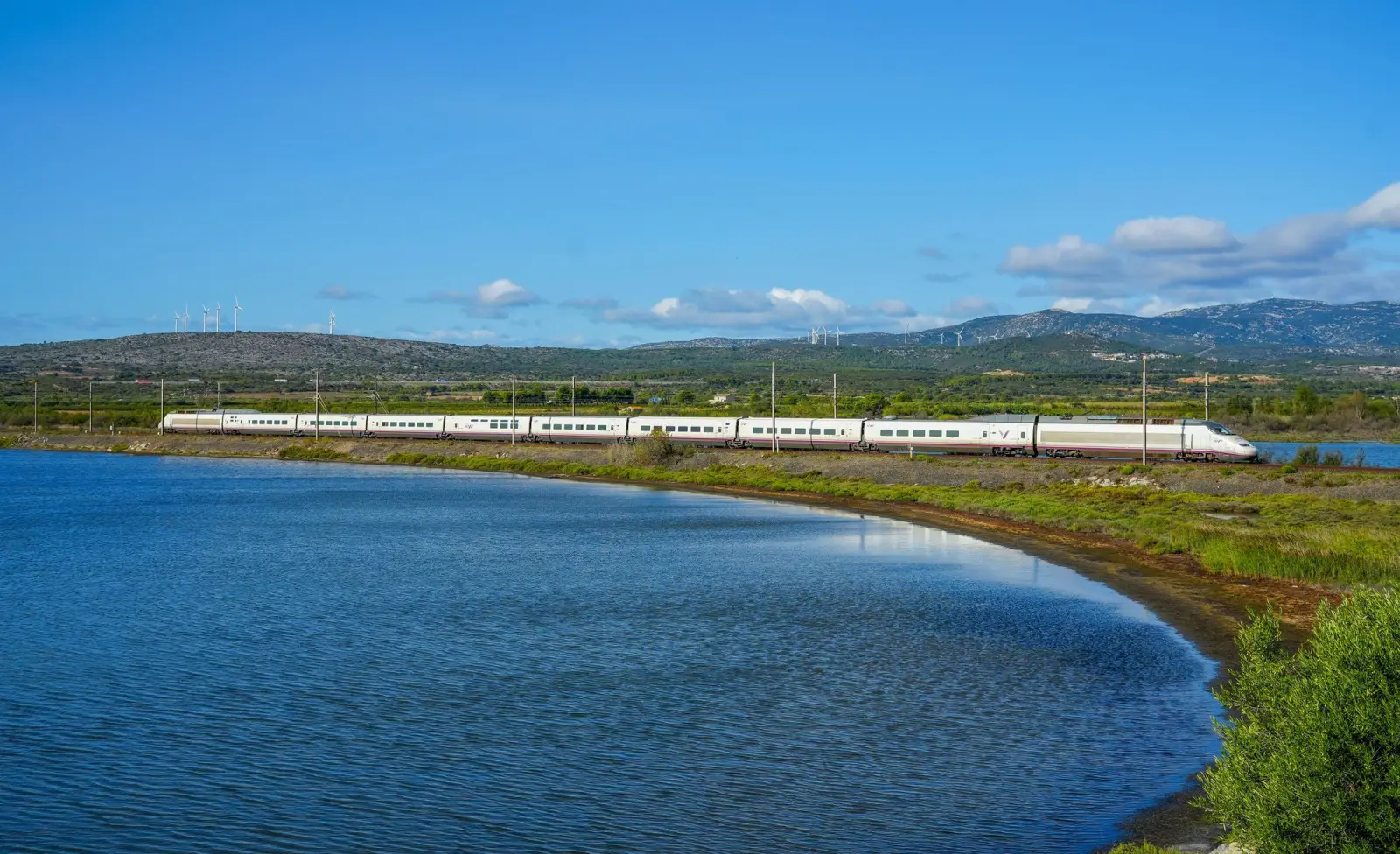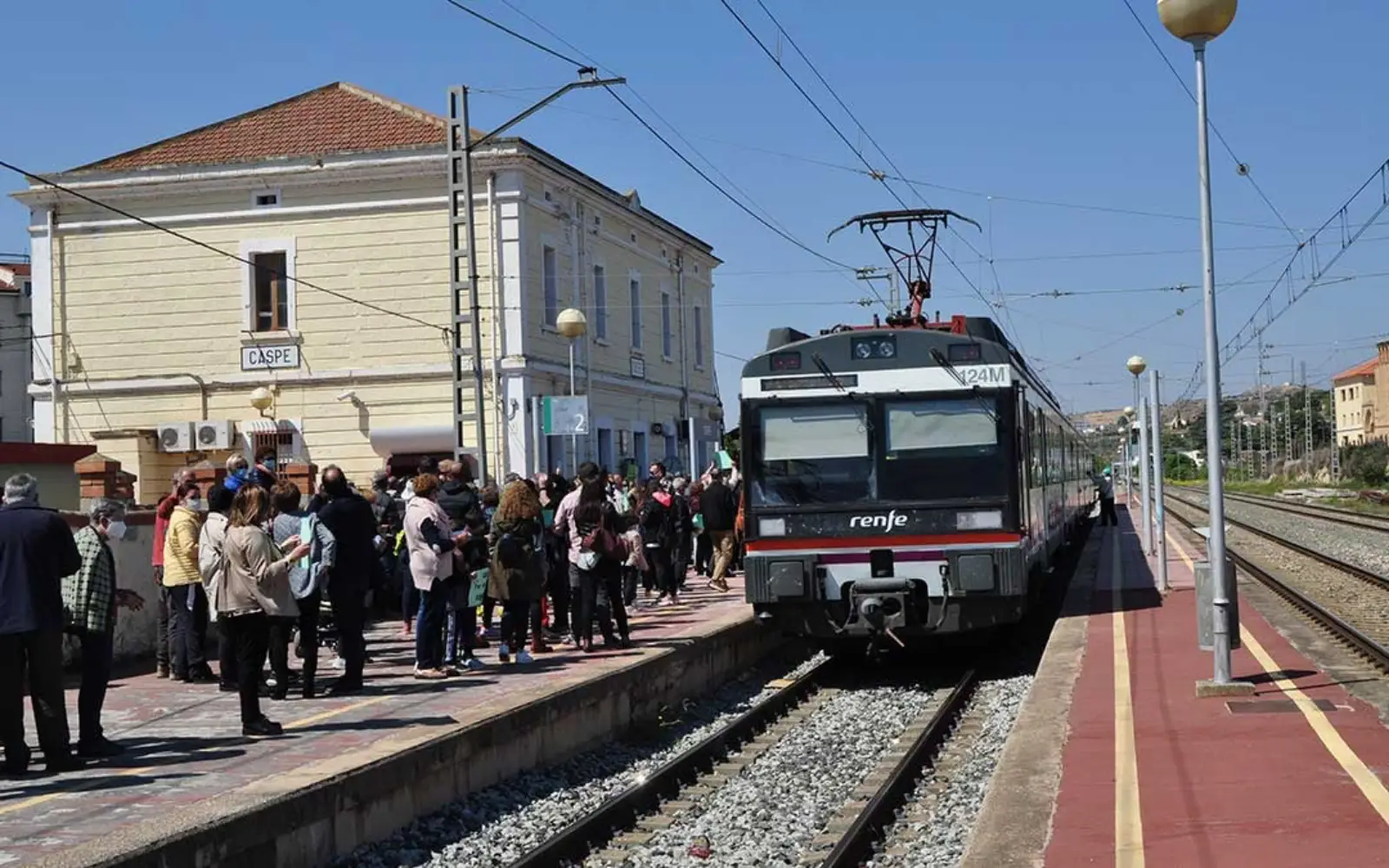European passenger rail travel is surging, with new high-speed routes, enhanced competition, and a push to simplify ticketing.
As train operators expand cross-border services, Eurostar—long the sole provider for travel through the Channel Tunnel—may soon face rivals for the first time.
The European Commission is backing this expansion, prioritizing high-speed rail connectivity across the continent. Apostolos Tzitzikostas, the European commissioner for sustainable transport and tourism, has pledged to introduce legislation for a unified digital ticketing system before the end of his first year in office. If implemented, this system would allow passengers to book seamless multi-operator journeys while protecting their rights in case of delays or cancellations.
Rail travel demand remains strong, with cross-border train traffic up 7% in 2024 compared to the previous year, according to the Community of European Railway and Infrastructure Companies. Within individual countries, passenger numbers increased by 3%.
New Routes Strengthen Rail Networks
Several new routes are reshaping Europe’s rail map. In December, a direct Paris-Berlin daytime service launched, completing the journey in roughly eight hours. Fares start at €60. Meanwhile, Trenitalia and France’s national railway, S.N.C.F., will resume competing services between Paris and Milan this spring, offering fares from €29.
Trenitalia and Swiss Federal Railways (SBB) have also announced new cross-border train routes between Italy and Switzerland.
Other high-speed connections in the works include Lisbon to Porto, Belgrade to Budapest, and Prague to Brno. The Spanish operator Renfe is also expanding, adding a high-speed link between Barcelona and Toulouse.
The overnight rail sector is experiencing a revival as well. European Sleeper recently launched a seasonal Brussels-Venice route and continues to operate its Brussels-Prague sleeper service. Portugal and Spain are also planning to restart overnight connections that were halted during the pandemic.
Eurostar’s Monopoly Faces New Threats
Eurostar, which has dominated the Channel Tunnel route since its launch in 1994, is seeing record demand, with 19.5 million passengers in 2024. However, it faces rising competition as new players prepare to enter the market.
The British-based Virgin Group and Spain’s Evolyn are leading the charge. Virgin has applied for access to Temple Mills, a key London train depot used by Eurostar, while Evolyn has been securing high-speed train contracts. Both companies are positioning themselves to challenge Eurostar’s dominance, though services are unlikely to launch before 2029.
Meanwhile, a recent Transport and Environment report ranked Eurostar last among 27 European rail operators, citing high prices, service reliability issues, and restrictions on bicycles. The company has dismissed the findings, emphasizing its environmental benefits and its role in reducing short-haul flights between major European cities.
A New Era for European Rail
With increased investment, growing competition, and a shift toward seamless ticketing, European train travel is poised for transformation. Whether Eurostar can maintain its position or new operators will successfully disrupt the market remains to be seen, but for travelers, more options and better deals could soon be on the horizon.

